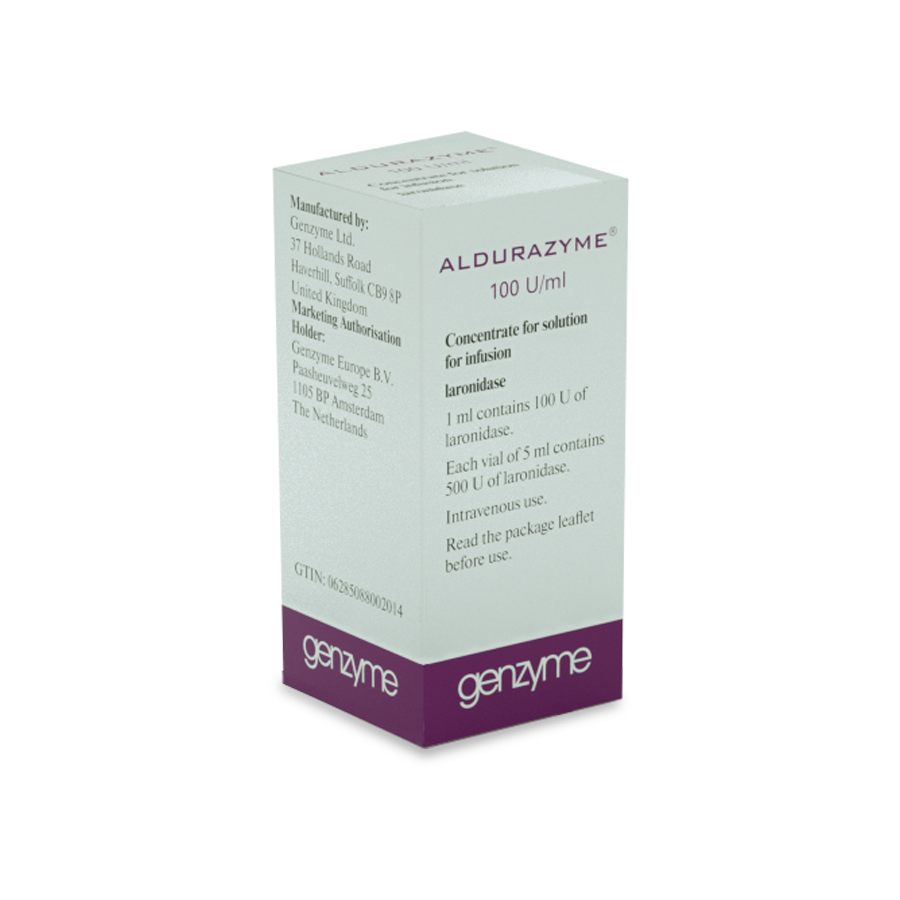This website uses cookies so that we can provide you with the best user experience possible. Cookie information is stored in your browser and performs functions such as recognising you when you return to our website and helping our team to understand which sections of the website you find most interesting and useful.

MPS & Related Diseases
Overview
Mucopolysaccharide and related Lysosomal Storage Diseases are individually rare; cumulatively affecting 1:25,000 live births. One baby born every eight days will be diagnosed with an MPS or related disease. These multi-organ storage diseases cause progressive physical disability and, in many cases, severe degenerative mental deterioration resulting in death in childhood.
Definition of MPS
Mucopolysaccharides are long molecular chains of sugar. They are used by the body in the building of connective tissues. The word ‘mucopolysaccharide’ can be broken down as follows: ‘muco’ refers to the thick jelly-like consistency of the molecules ‘poly’ means many ‘saccharide’ is a general term for a sugar molecule.
What are MPS and related diseases?
Mucopolysaccharide (MPS) and related diseases are Lysosomal Storage Diseases. These are rare, life-limiting, progressive, genetic conditions caused by the shortage of a particular enzyme.
MPS diseases are caused by a missing enzyme which means that the body can’t break down (metabolize) certain molecules called GAGs (Glycosaminoglycans). GAGs are structural molecules that are integral to connective tissues such as cartilage, tendons and other tissues in the body. They accumulate in cells in tiny structures called lysosomes. Without essential enzymes to break down, recycle and build new mucopolysaccharides they continue to be stored inside the lysosome. This causes the lysosome to swell and disrupts cell functioning. These are multi-organ storage diseases which cause progressive physical disability and in many cases, severe neurological deterioration and can result in death in childhood.
Symptoms
Babies may show no sign of the disease but as more and more cells become damaged by the storage of used material, symptoms begin to appear. Sadly, these are progressive diseases which lead to an increase in problems as time goes by which usually affect any or all of the major organs including heart, liver, kidneys and also the bones, eyes and skin and can lead to increasing neurological deterioration.
Causes
MPS and related diseases are inherited conditions. The majority of types are inherited by autosomal recessive transmission. That means that if both of your parents are carriers, you have a one in four chance of having the disease.
Treatment
Currently, although there is no cure, Enzyme Replacement Therapy (ERT) and Haematopoietic Stem Cell Transplant (HSCT) are available to treat a few types of MPS and related diseases although for the majority there is only palliative treatment and care.
The disease types
The MPS Society supports 25 MPS and related diseases. These rare Lysosomal Storage Diseases are referred to as MPS I-VII or more commonly by the name of the doctor who first described the condition. These commonly include:
- MPS I – Hurler, Hurler Scheie and Scheie
- MPS II – Hunter
- MPS III – Sanfilippo
- MPS IVA – Morquio
- MPS VI – Maroteaux-Lamy
- MPS VII – Sly
- MPS IX – Natowicz
Included also are the Mucolipidoses, other ‘storage diseases’ and the following conditions which are similar to Mucopolysaccharide Diseases:
- Aspartylglycosaminuria (AGU)
- Fabry
- Fucosidosis
- Geleo Physic Dysplasia
- GM-1 Gangliosidosis
- Lysosomal Acid Lipase Deficiency
- Mannosidosis
- Metachromatic Leukodystrophy
- ML I – Neuramidase Deficiency
- ML II – I-Cell Disease
- ML III – Pseudo Hurler Polydystrophy
- ML IV
- Multiple Sulfatase Deficiency
- Sialic Acid Storage Disease
- Sialidosis
- Winchester









